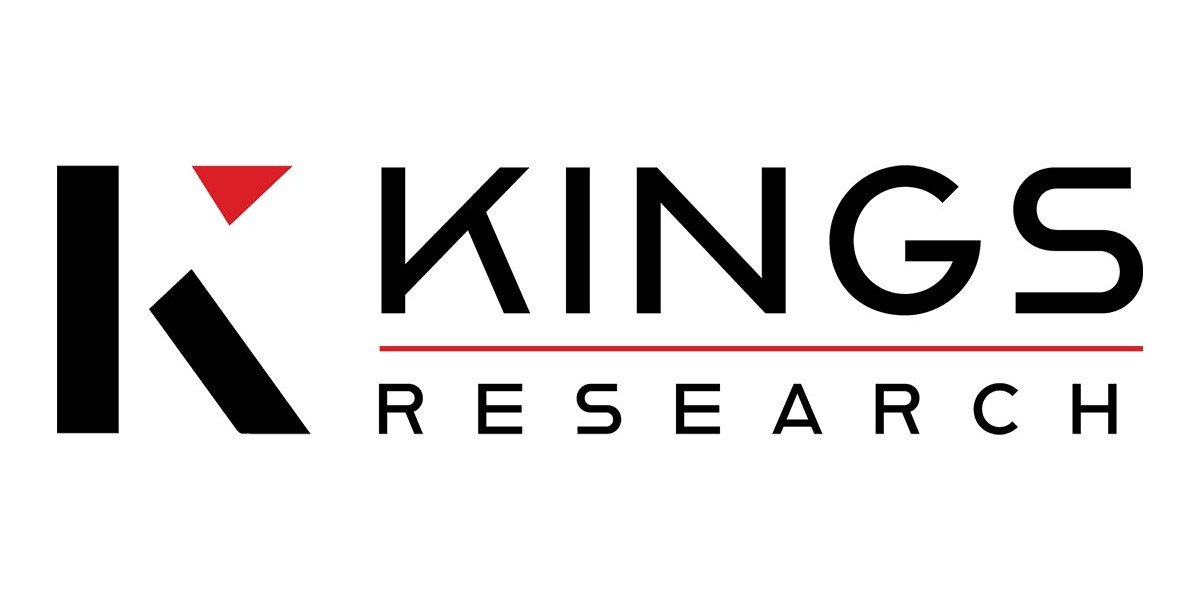A Mortgage Investment Corporation (MIC) provides a passive way to invest in the real estate market, mitigating the time and risk of investing in individual mortgages. It is structured as pooled fund and is classified as an alternative strategy. MICs are special companies created by an Income Tax Act. The MIC is managed by a manager who is responsible for all aspects of the company’s operations, including the sourcing of suitable mortgage investments, the analysis of mortgage applications, and the negotiation of applicable interest rates, terms and conditions, instruction of solicitors, mortgage portfolio and general administration. The manager is paid a management fee, typically calculated as a percentage of assets under administration.
100% of a MIC’s annual net income, as verified by external audit, be distributed to its shareholders in the form of a dividend. This dividend is taxed as interest income in the hands of shareholders, avoiding double taxation. A MIC’s revenues are comprised of mortgage interest and fee income. Expenses are predominantly comprised of management fees, audit and other professional fees, and loan interest if the MIC employs debt in addition to share capital.

Income Tax Act, Section 130.1: Salient Rules
- A MIC must have at least 20 shareholders.
- A MIC is generally widely held. No shareholder may hold more than 25% of the MIC’s total capital.
- At least 50% of a MIC’s assets must be comprised of residential mortgages and/or cash and insured deposits at Canada Deposit Insurance Corporation member financial institutions.
- A MIC may invest up to 25% of its assets directly in real estate but may not develop land or engage in construction. This ceiling on real estate holdings does not include real estate acquired as a result of mortgage default.
- A MIC is a flow-through investment vehicle and distributes 100% of its net income to its shareholders.
- All MIC investments must be in Canada, but a MIC may accept investment capital from outside of Canada.
- MIC shares are qualified RRSP and RRIF investments.
- A MIC may distribute income dividends, typically interest from mortgages and revenue from property holdings, as well as capital gain dividends, typically from the disposition of its real estate investments.
- A MIC’s annual financial statements must be audited.
- A MIC may employ financial leverage by using debt to fund assets partially.
For more info:-











